Authors

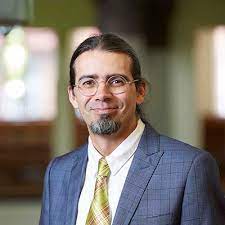 | Manuel BarciaI studied History at undergraduate level at the University of Havana. I then took a Masters in Comparative History and a PhD in History at the University of Essex. After concluding my PhD I went on |
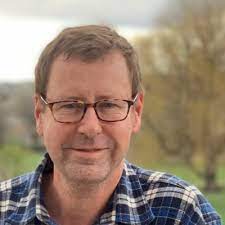 | Tom ZoellnerTom Zoellner is the author of eight nonfiction books, including Island on Fire: The Revolt that Ended Slavery in the British Empire, and works as a professor at Chapman University and Dartmouth Col |
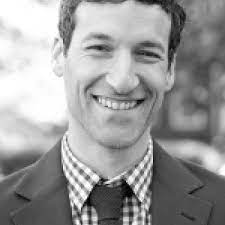 | Daniel B RoodDan Rood specializes in the history of Atlantic slavery and its intersections with the histories of technology, agriculture, and capitalism. He teaches the pre-1865 half of the US introductor |
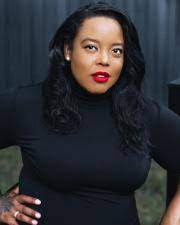 | Stephanie E Jones-RogersI am an Associate Professor in the Department of History at the University of California, Berkeley, where I specialize in African-American history, the history of American slavery, and women’s and |
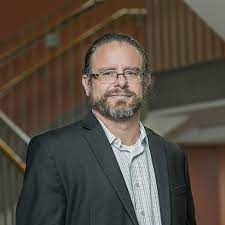 | Edward E BaptistI focus on the history of the 19th-century United States, and in particular on the history of the enslavement of African Americans in the South. The expansion of slavery in the United States |
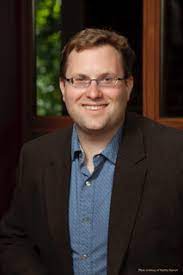 | Jason T SharplesDr. Sharples teaches early American history and world civilizations. He offers courses in early American colonial societies, European empires, and indigenous peoples; slavery and the African diaspo |
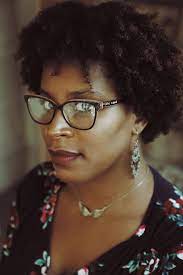 | Jessica Marie JohnsonJessica Marie Johnson is an Assistant Professor in the Department of History at the Johns Hopkins University and a Fellow at the Hutchins Center for African and African American Studies at Harvard |
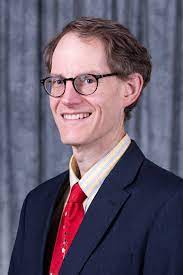 | Graham A PeckI am the Wepner Distinguished Professor of Lincoln Studies at the University of Illinois at Springfield. My scholarship has focused on antebellum Illinois, and particularly on the careers of Abraha |
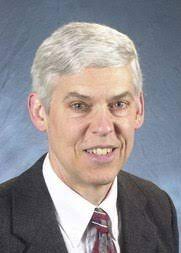 | William L AndrewsDr. William L. Andrews is E. Maynard Adams Professor of English in UNC's College of Arts and Sciences. Professor Andrews has authored or edited more than 40 books on a wide range of African America |
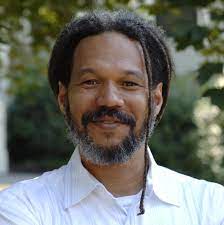 | Vincent BrownVincent Brown is Charles Warren Professor of American History and Professor of African and African American Studies. He directs the History Design Studio and teaches courses in Atlantic histo |
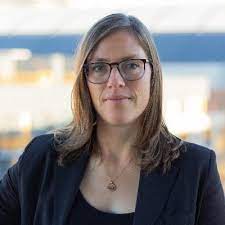 | Katharine GerbnerI’m an Associate Professor of History at the University of Minnesota, where I teach courses on Atlantic History, History of Religions, Magic & Medicine, and The Early Modern Archive. My r |
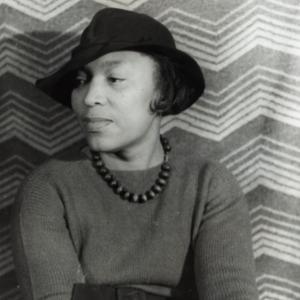 | Zora Neale HurstonZora Hurston was a world-renowned writer and anthropologist. Hurston’s novels, short stories, and plays often depicted African American life in the South. Her work in anthropology examined bla |
 | Chris EvansChris Evans is a professor of history at the University of South Wales. He is the author of Slave Wales: The Welsh and Atlantic Slavery, 1660–1850 and the coauthor of Baltic Iron in the Atlantic Wo |
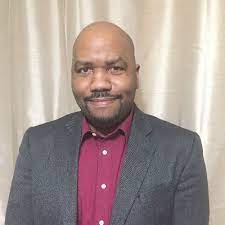 | Christopher P LehmanChristopher P. Lehman is a professor of ethnic studies at St. Cloud State University and the author of Slavery in the Upper Mississippi Valley, 1787–1865: A History of Human Bondage in Illinois, Io |
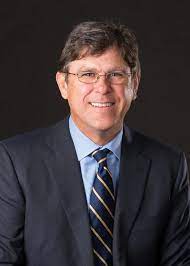 | William G ThomasWilliam G. Thomas III is the Angle Chair in the Humanities and Professor of History at the University of Nebraska. He served as Chair of the Department of History from 2010 to 2016. He has been a G |
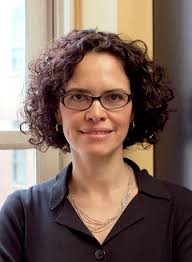 | Ada FerrerAda Ferrer is Julius Silver Professor of History and Latin American and Caribbean Studies at New York University, where she has taught since 1995. She is the author of Insurgent Cuba |
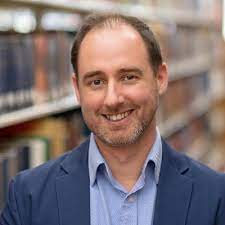 | John HarrisOriginally from Northern Ireland, John Harris immigrated to the United States in 2009. He earned a Ph.D. in History from Johns Hopkins University and is currently McDonald-Boswell Assistant Profess |
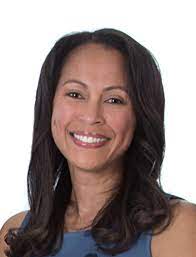 | Robin Phylisia ChapdelaineDr. Robin Chapdelaine's forthcoming book, The Persistence of Slavery: An Economic History of Child Trafficking in Nigeria, will be available in January 2021. Despite efforts to abolish slavery thro |
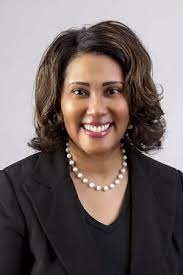 | Colita N FairfaxDr. Fairfax is a Full Professor of 21 years at Norfolk State University. She specializes in uncovering historical and cultural data to enhance community and marriage interventions/development, and |
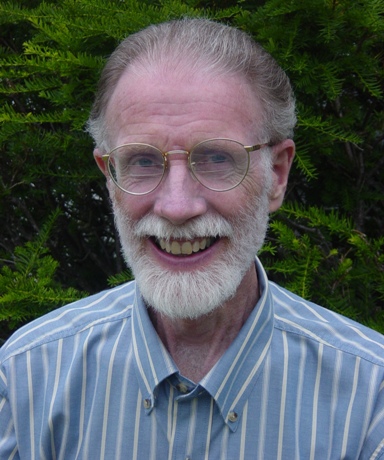 | Daniel W CroftsTwo concerns loomed large in the 1960s when I first began to study history—the persistence of racial inequality a hundred years after emancipation, and the paradox of using collective violence to p |